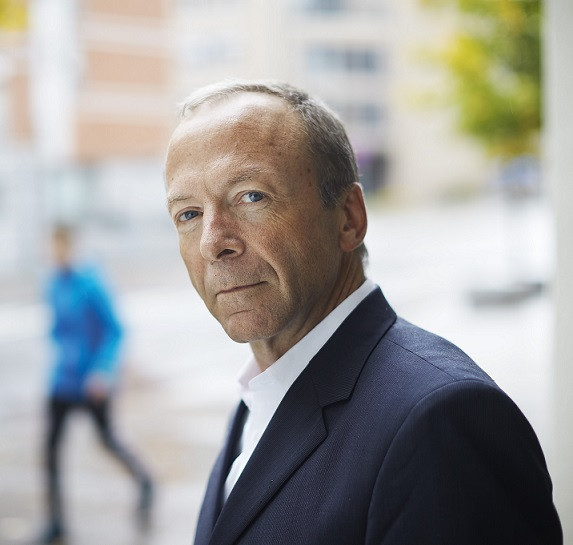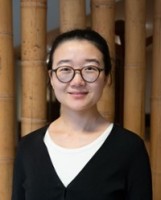Exploring the Social Side of Uncertainty Pr. J. Peter Burgess

“My hypothesis is that risk needs to be seen as more of a cultural, social and even moral matter,”Prof. J. Peter Burgess explains. His team of six research groups will focus on specific areas in those realms. Religion, for one thing, has rarely been more important to global politics than it is today. One team will concentrate on the uncertainty for individuals that stems from the unknowns of another belief system, its goals and motivations. The new media relationship to risk will be a focus, too. Traditionally a provider of expert knowledge, the media tends now to add to our uncertainty: too much information comes too fast for media outlets to evaluate it effectively. This flood of facts without interpretation contributes, in turn, to altering our behavior, Prof. J. Peter Burgess explains. “An increased experience of uncertainty, intensified since the end of the Cold War, changes our values, our ideas of right or wrong.” He gives the example of police arrests, noting that society is more willing today to arrest people based on appearance, without real evidence of wrongdoing. “Our threshold for action is significantly lower now,” he says. “We act on weaker evidence.”
What does all this tell us about the impact of uncertainty on society and the geopolitical climate? Traditional academic approaches don’t seem equipped to handle such questions, making Prof. J. Peter Burgess’s program especially necessary. This research could have concrete outcomes for policy makers, the insurance sector and others evaluating risk. Insurance, specifically, takes a mathematical approach to determining the value and risk to insurable objects, but this misses the important contribution of cultural values. It can’t capture, for example, the tendency in Northern Europe to trust in the State’s institutions, while Southern European cultures rely on family for security in the face of an uncertain future. “These so-called softer dynamics really have a lot to say about how people experience risk.” Letting a more complete picture of that human experience inform risk management could certainly lead to better solutions for individuals, institutions, commerce and beyond.
Discover research projects related to the topic
Societal Challenges
Artificial Intelligence & Emerging Technologies
Civil Society & Governance
Polarization & Social Divides
Ethical AI & Responsible Innovation
Post-Doctoral Fellowship
Hong Kong
Impact of Misinformation & Mistrust on Environmental Issues & Democracy: A Comparative Study
Environmental disasters and the way information about them is shared can affect how well democracy works and how people get... Read more

Minos Athanasios
KARYOTAKIS

